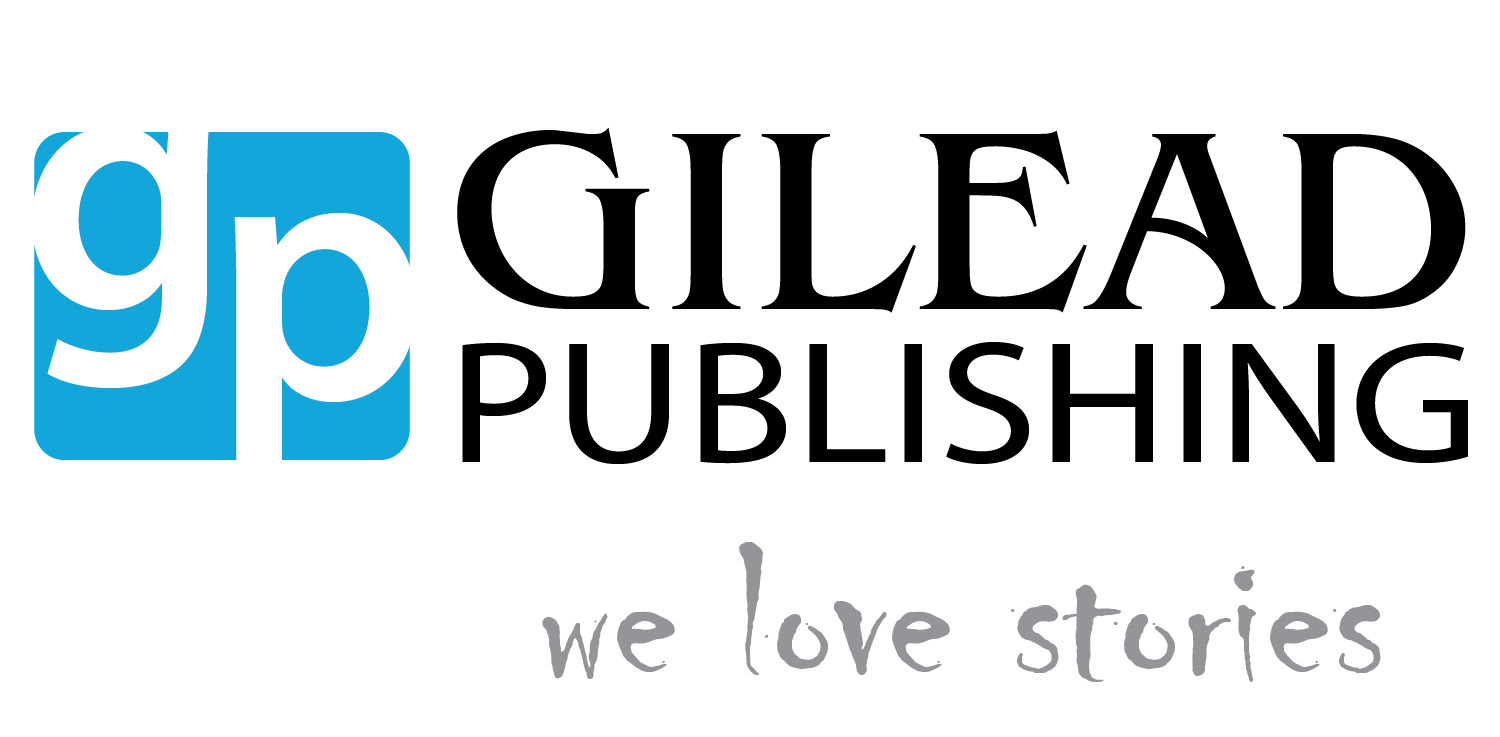Lots of publishing professionals belong to book clubs. That makes perfect sense, since we read lots of books. Why not meet with a group to discuss them?
Awhile ago I joined a book club of Christian women who read general market books I normally don’t read. I thought reading along with them would broaden my horizons.
The first month, I couldn’t get through the book although I tried. The nonfiction tome didn’t apply or appeal to me. It did make me aware of a couple of writers I didn’t know. However, the work of those writers isn’t of particular interest to me as a reader or a professional, so the knowledge wasn’t that useful.
The second month, they chose a very, very long, highly-acclaimed novel. I tried to read it. Really, I did. Please note that I’m a huge fan of very, very long novels. But I couldn’t relate to the characters or their situation, so for me, the book went on and on and on. And the depressing storyline had no letup. Not even anything I’d call comic relief. Because the book is famous, I was able to find a plot summary online. I could see that the depression would not relent. Ever. I put it aside and skipped the meeting.
A member of the club asked us to read another book for a retreat. The unremitting stream of gritty topics and horrible characters I didn’t want to read about made me quit that book, too.
Selections came and went. Without me. None of them interested me enough to invest the time needed to read them. Yes, I felt guilty about this. Then again, maybe not.
What I learned:
- Life is short. (Though I already knew that.) I had to read lots of books I didn’t want to read when I was in school. I’m out of school now. I’ve earned the right to read what I want to read.
- I love representing books I enjoy. My book club dropout experience made me even more appreciative of my work.
- My tastes may not be as broad as I like, but oh well. I refuse to apologize for who I am.
- My time is more valuable to me than I realized.
I’ve thought about starting my own book club with selections more tailored to my tastes, yet broad enough to challenge myself and other members. Maybe that would be a good New Year’s resolution! I’ll keep you posted.
Your turn:
Do you belong to a book club? What is your favorite part about it? Your least favorite?
Have you ever dropped out of any type of club? Why, and how did that make you feel?
Do you run a book club? Can you offer me tips if I decide to start my own?










